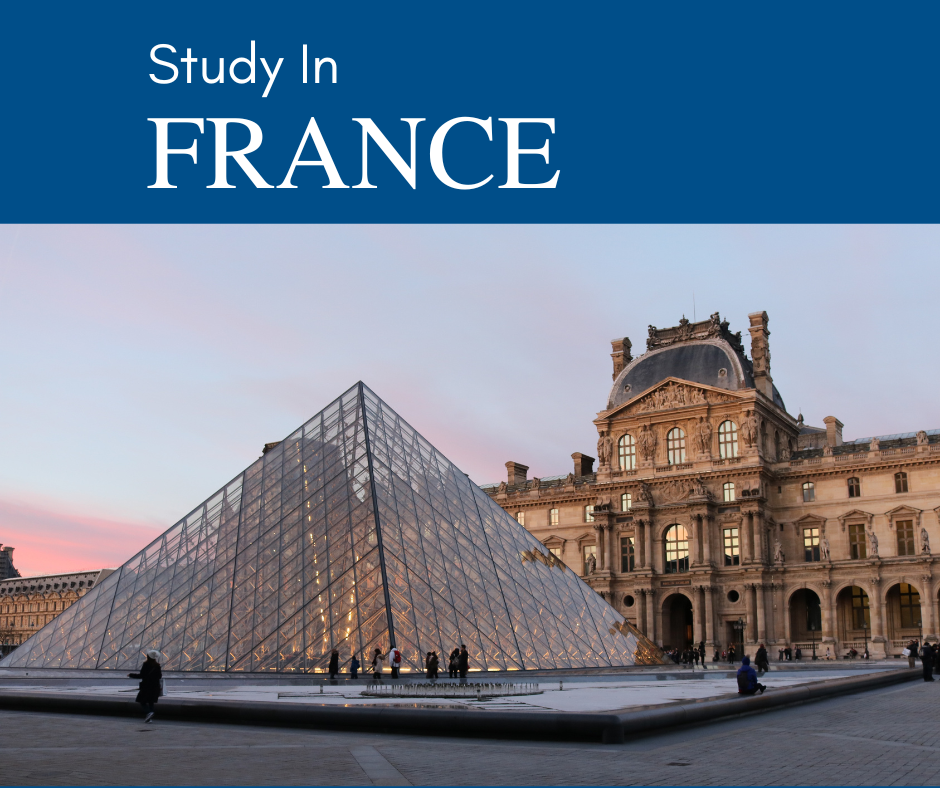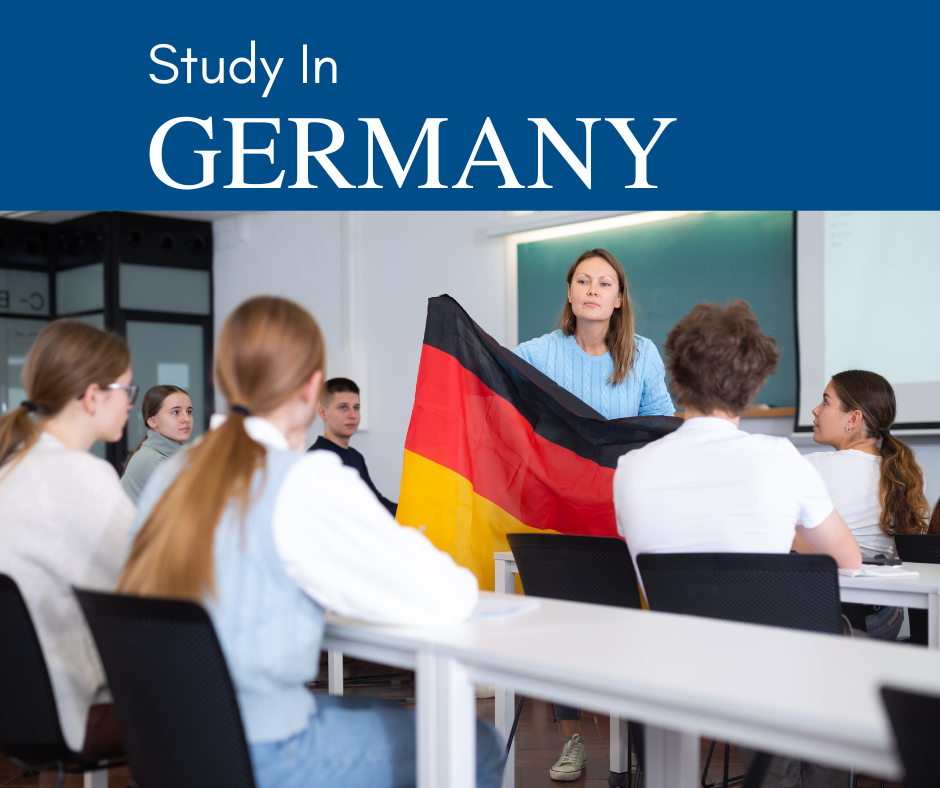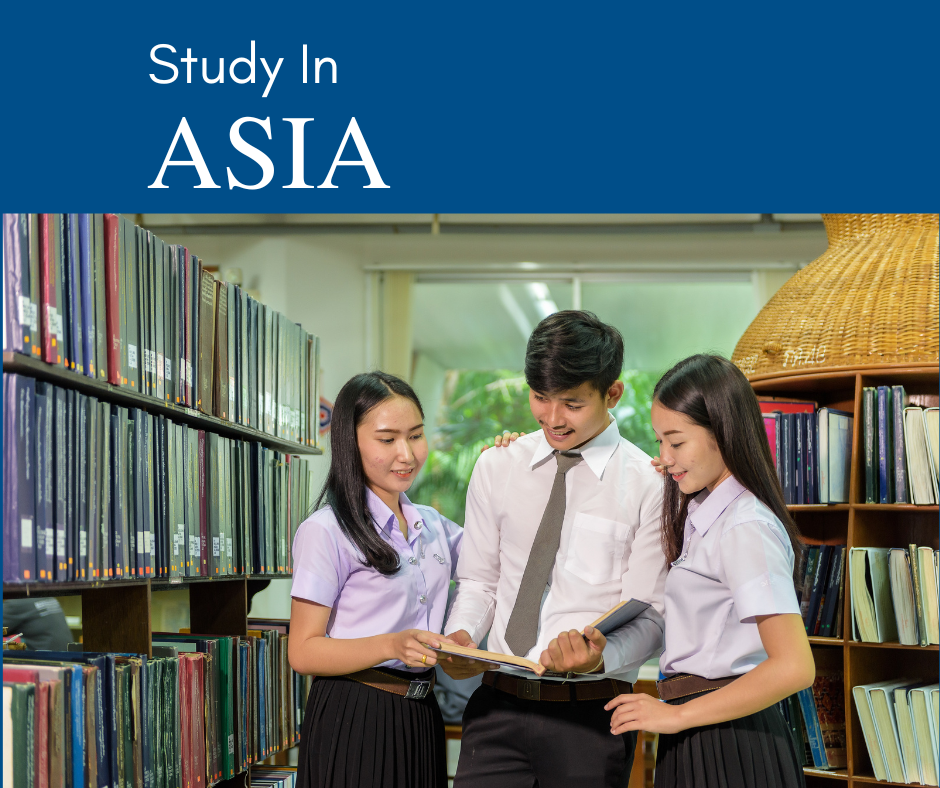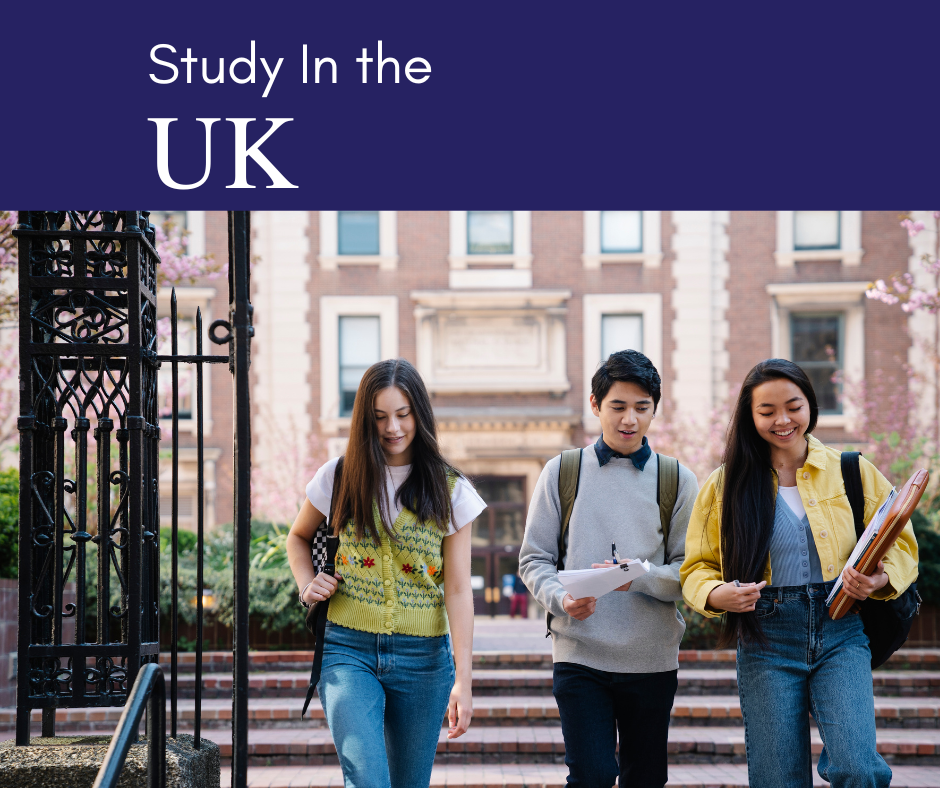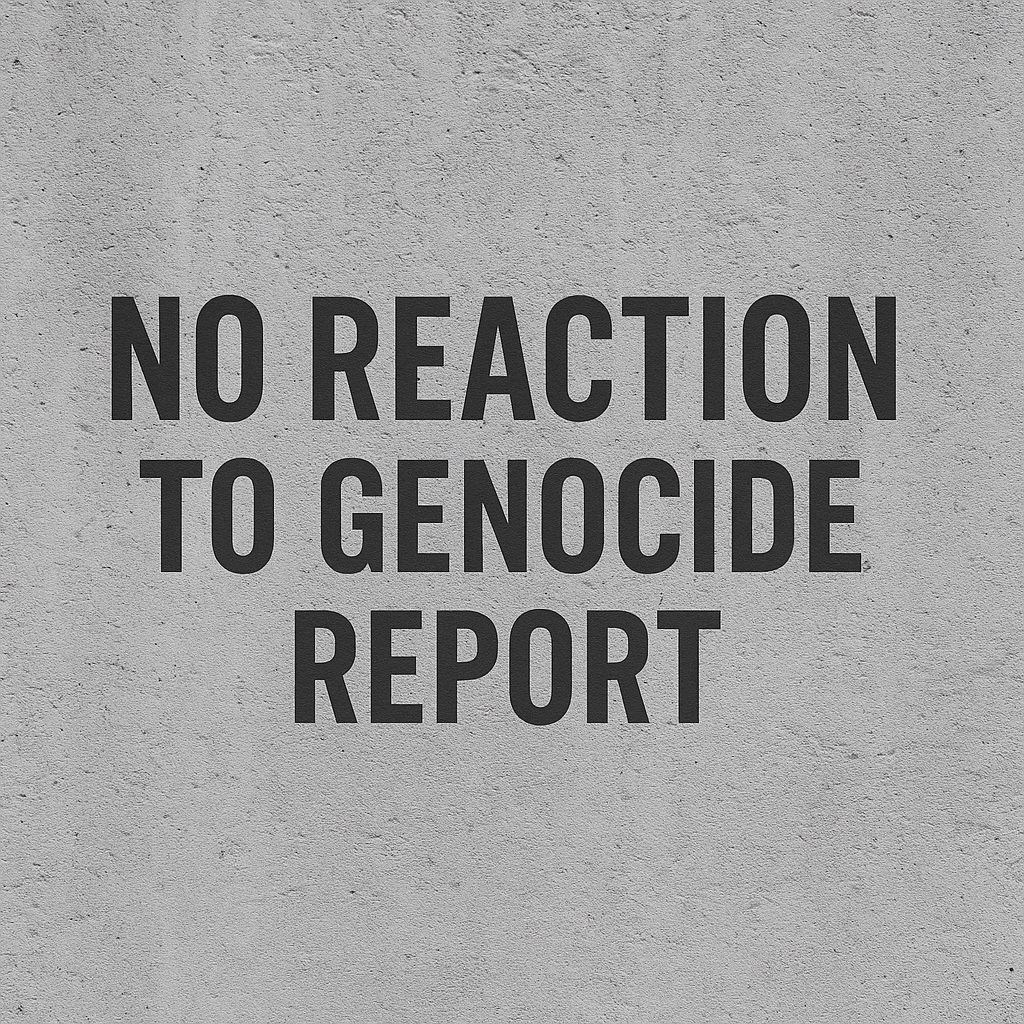
QS and THE Silent on UN Genocide Report, Despite Precedents of Action
Share
September 2025 — Global Higher Education
On 16 September 2025, an independent United Nations Commission of Inquiry concluded that Israel has committed genocide in Gaza, citing extensive evidence, including systematic killings of civilians, blockades, prevention of births, and statements from Israeli officials interpreted as genocidal intent. The International Association of Genocide Scholars also passed a resolution affirming that Israel’s actions meet the legal criteria of genocide under the 1948 Genocide Convention.
Despite the gravity of these findings, two of the world’s most influential university ranking organisations — QS Quacquarelli Symonds (publisher of TopUniversities.com) and Times Higher Education (THE)—have issued no statements acknowledging or responding to the report. Both continue to rank and promote Israeli universities within their global tables.
Past precedents: When rankings bodies did take a stance
The silence stands in contrast to previous actions. In early 2022, following Russia’s invasion of Ukraine, QS announced it would cease ranking Russian and Belarusian universities, suspend promotion of their institutions, and remove them from marketing platforms. The move was positioned as a moral and ethical response to a breach of international law.
Times Higher Education also published commentary and coverage critical of the invasion, reflecting widespread sector condemnation at the time.
Comparisons with historic responses
During past instances of state-led atrocities, global academic bodies and cultural institutions often took public stances:
- Following the Holocaust, German universities faced boycotts, exclusion from international associations, and global condemnation.
- During apartheid in South Africa, academic organisations supported sanctions and boycotts until political reforms were undertaken.
- After 9/11 and the subsequent “War on Terror”, associations issued statements on civil liberties and academic freedom, explicitly connecting geopolitics with education.
In this historical light, the continued promotion of Israeli universities while remaining silent on genocide findings places QS and THE in uncharted waters.
Ethical questions and accusations of double standards
The decision not to act has drawn accusations of inconsistency. Critics point to the fact that journalists and academics in Gaza have been killed during Israeli military operations, yet QS and THE—both publishers of higher education journalism as well as rankings—have issued no editorial condemnation.
Observers note that silence in this case may reflect commercial relationships, as both QS and THE provide paid rating, analytics, and consultancy services to universities globally, (possibly) including Israeli institutions.
The contrast with their decisive stance on Russia raises questions about double standards: why were Russian universities delisted, while Israeli universities remain ranked and promoted despite genocide allegations endorsed by the UN and academic bodies?
No response to requests for comment
Both organisations were contacted for comment regarding their positions on the UN genocide report and whether Israeli institutions will remain in their rankings. As of publication, neither QS nor THE responded.
Implications
With their global influence, QS and THE shape how millions of students, academics, and policymakers perceive universities. Their continued silence, critics argue, risks being seen not as neutrality, but as complicity.
In failing to acknowledge the genocide findings, ranking organisations place themselves in an ambiguous and potentially damaging position. The question now is whether the pursuit of ranking prestige outweighs a responsibility to uphold values of academic freedom, human rights, and consistency in responding to crimes of international concern.


